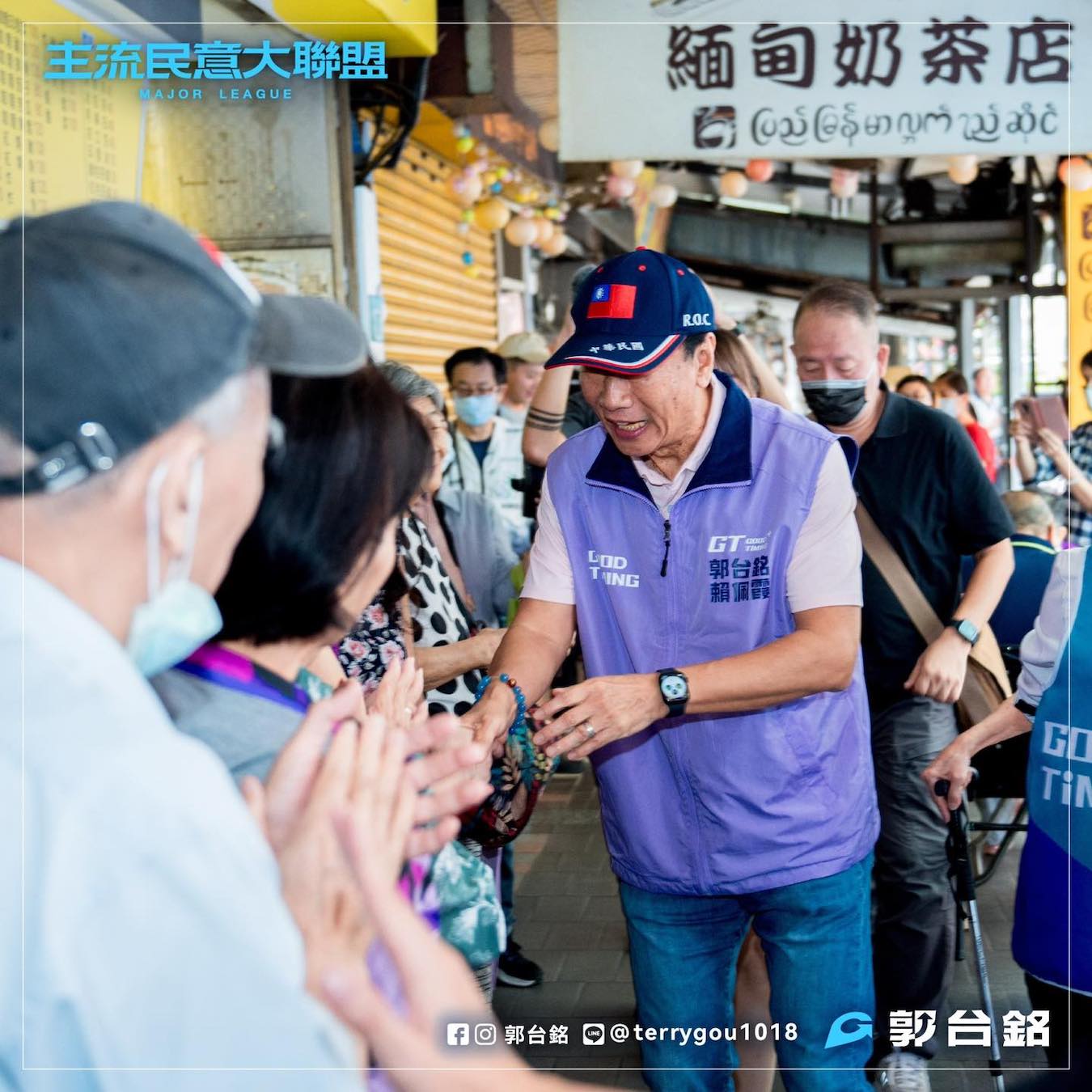by Brian Hioe
語言:
English
Photo Credit: McKay Savage/Flickr/CC BY 2.0
REPORTS INDICATE that a Taiwanese member of I-Kuan Tao, a Daoist religious organization, was detained in China on charges of entering China under the auspices of tourism to spread the religion.
I-Kuan Tao has millions of followers globally, including in Taiwan. However, it is thought that the Taiwanese member of the organization was detained because of the CCP’s suspicion of the capacity of civil society and religious organizations to organize. This is not unlike the CCP’s motives in persecuting the Falun Gong, though the CCP did not previously target I-Kuan Tao.
Details are relatively scarce on the detention. Nevertheless, the Mainland Affairs Council has warned Taiwanese against traveling to China needlessly, given the possibility of arbitrary detentions. The present may be a time of particular sensitivity, given that presidential and legislative elections will take place next month and it is possible that the CCP will target Taiwanese as a means of politically pressuring Taiwan.
Indeed, it emerged several weeks ago that Taiwanese writer of erotic fiction Liao Meng-yan–who has been missing for over a year–has been sentenced to twelve years in jail. This is thought to be due to China’s efforts to crack down on online fandoms and erotic fiction–Liao’s jail term is significantly higher than the sentences faced by Taiwanese who faced prison terms in recent years over political charges.
Although Liao’s jail term is not due to his political views, given that Liao was known as an advocate of unification between Taiwan and China by force if necessary, it is thought that news of his detention was released ahead of the elections, as a means of intimidating the public. To this extent, the detention of an I-Kuan Tao member on charges of proselytizing reminds of how Taiwanese NGO worker Lee Ming-che was detained by the Chinese government for over five years for discussing Taiwan’s experience of democratization on WeChat groups with Chinese friends. This, too, takes place around half a year after Chinese publisher Li Yanhe, better known by his pen name of Fucha, was detained after returning to China to visit family. Li had naturalized to ROC nationality due to marrying a Taiwanese person and published books critical of the CCP.
 Terry Gou while campaigning earlier this year. Photo credit: Terry Gou/Facebook
Terry Gou while campaigning earlier this year. Photo credit: Terry Gou/Facebook
In the meantime, the Tsai administration has filed the first charges against individuals that took tour groups to China as part of political influence operations. Such tour groups were sponsored by the Chinese government in order to promote positive views of Taiwan and were often organized through borough heads. Consequently, China Pan-Blue Association member Chen Chih-cheng has been accused of violating the Anti-Infiltration Act, the Presidential and Vice Presidential Election and Recall Act, and the Public Officials Election and Recall Act. Since then, a man surnamed Sun has also been arrested for funding the pro-unification Labor Party at Beijing’s behest.
Pingtung county council speaker Chou Tien-lun also currently faces vote-buying charges, as part of efforts by Chou to secure signatures for Terry Gou, during Gou’s campaign as an independent presidential candidate. Gou required 289,667 to run as an independent, but turned in 1,036,778 signatures. At the same time, a number of Gou petition stations have been accused of vote buying.
The pan-Blue camp has rallied behind Chou, accusing the Tsai administration of carrying out a “Green Terror”. The pan-Blue camp, which potentially benefits from efforts by China to interfere in the election, has often accused the Tsai administration of simply seeking to politically persecute opposing views. In past years, this has included accusing the Tsai administration of carrying out a “Green Terror” that it claims to be worse than the White Terror, never mind that the Tsai administration is not exactly carrying out tens of thousands of political executions at present.
Yet this points to the dilemmas faced by the Tsai administration. The Tsai administration is likely to try to avoid such accusations when possible, which may contribute to taking a moderate approach to targeting Chinese election interference. This occurs even as the DPP has sought to campaign on the basis of framing itself as the safest choice for Taiwanese against Chinese threats, signaling that it intends to take a strong stance on Chinese interference with moves such as naming civil defense and disinformation expert Puma Shen to the number two position on the DPP party list.

